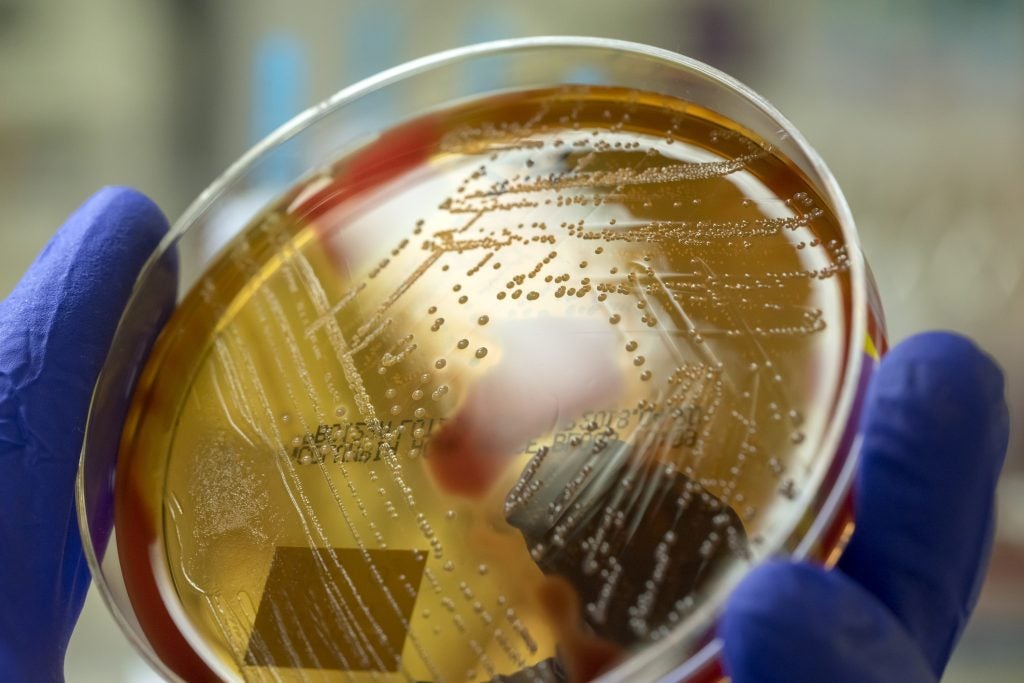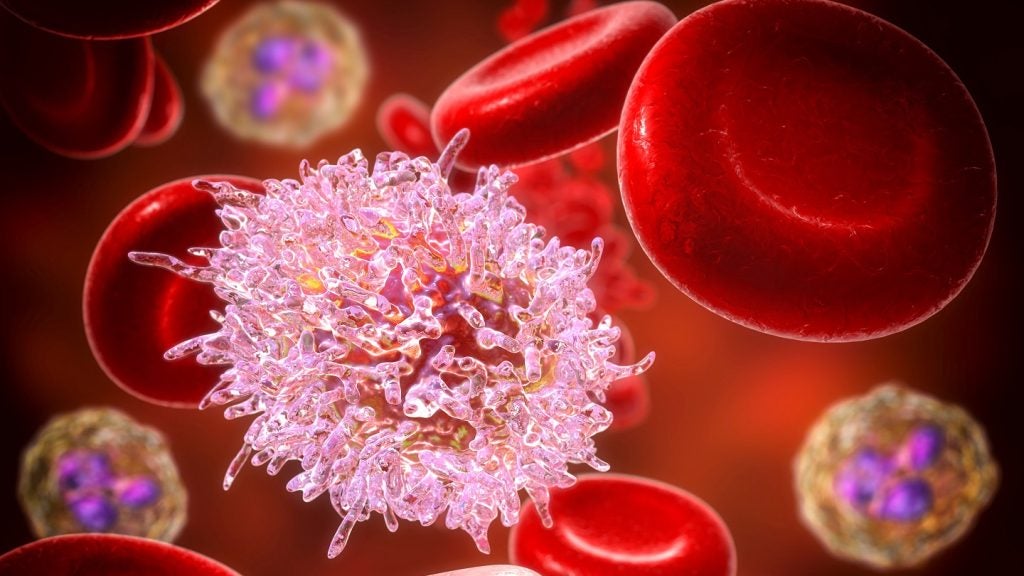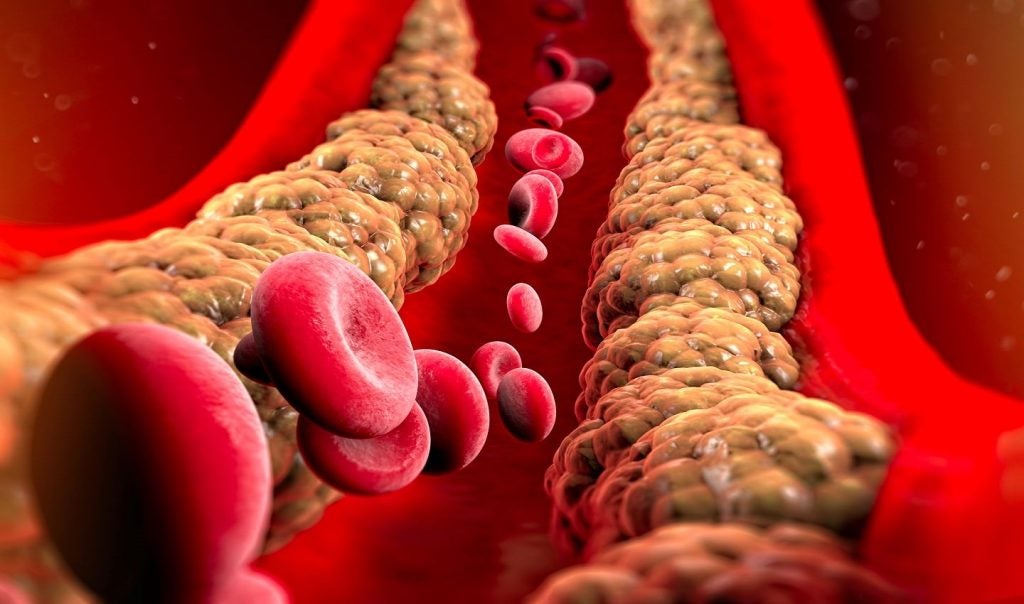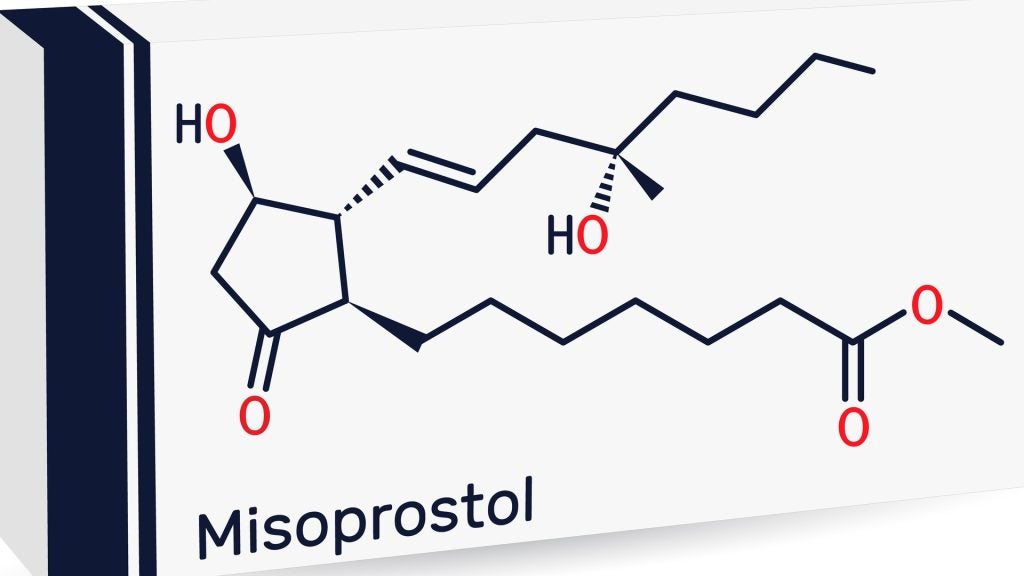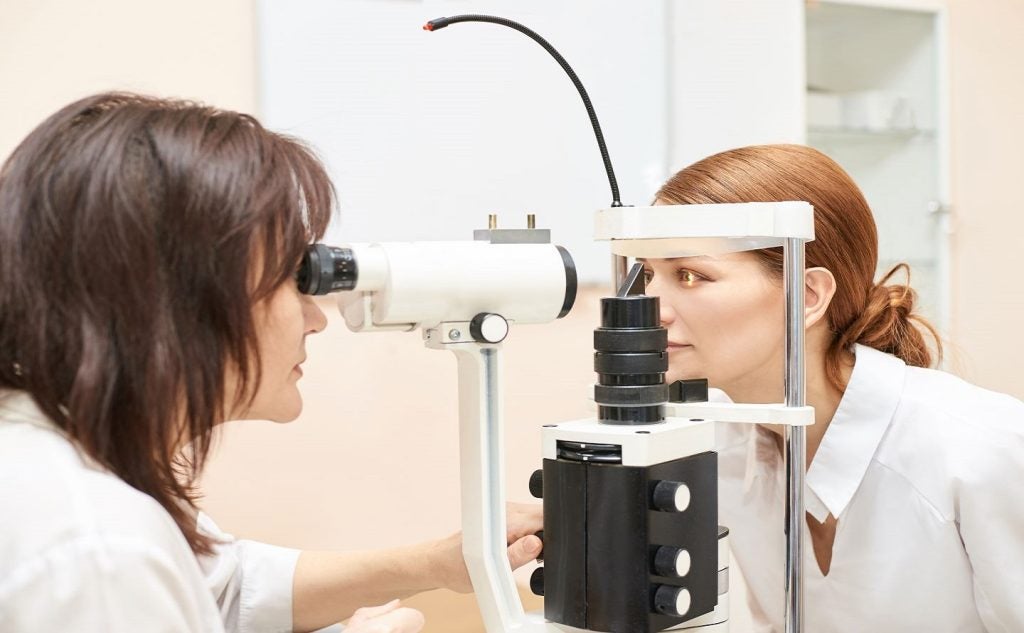The UK Government will provide up to £210m ($267.7m) to help track antibiotic-resistant bacteria across Asia and Africa.
The investment, which supports The Fleming Fund’s global antimicrobial resistance surveillance (AMR) programme, aims to identify dangerous superbugs before they arrive in the UK.
More than 250 state-of-the-art laboratories, disease surveillance systems, and funding to strengthen workforces are all on the agenda for the funding, which is part of the UK’s aid budget.
The investment was announced on 16 August when Steve Barclay, Secretary of State for Health and Social Care, was en route to India for a G20 health ministers meeting.
The consolidation of partnerships is across 25 countries in Africa and Asia where the threat and burden of AMR is the highest. Along with kitting out laboratories with new genome sequencing technology, the funding will go towards 20,000 training sessions for laboratory staff, pharmacists and hospital staff.
The bolstering of AMR surveillance capacity will support the programme developed by The Fleming Fund. The programme’s target is to build national surveillance systems in priority low-and middle-income countries. Also included in the funding is the backing of over 200 Fleming Fund Scholarships to boost expertise in AMR.
Included in the funding is a £3m investment that will also see the UK and India partner on AMR surveillance.
Around 1.27 million people die each year due to AMR, with the disease burden greatest in low-income and middle-income countries. It is estimated that AMR will cause ten million deaths by 2050 unless action is taken.
Tackling AMR is a main priority of the five-year plan by the NHS in England. In July 2023, the health service announced it was ramping up plans to start shifting to a subscription-based model for pharmaceutical company contracts in a bid to incentivise antibiotic development.
Barclay said: “Antimicrobial resistance is a silent killer which poses a significant threat to people’s health around the world and in the UK, and will be an important topic here at the G20 in India.
"It’s vital it is stopped in its tracks and this record funding will allow countries most at risk to tackle it and prevent it from taking more lives across the world, ultimately making us safer at home.”
“It also builds on work the government is doing to incentivise drug companies to develop new antibiotics - a model which some G20 countries are looking to implement.”


